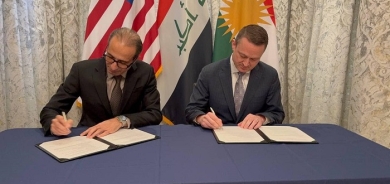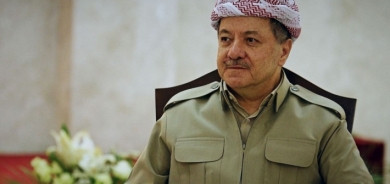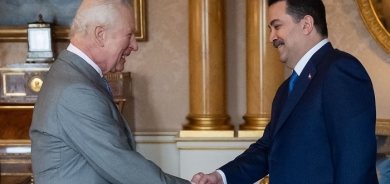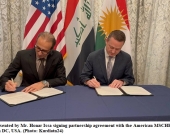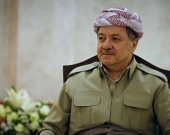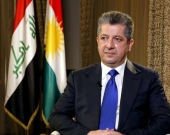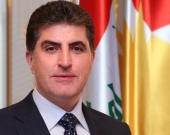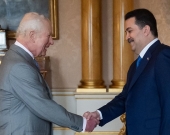UN Inspectors Arrive in Damascus on Chemical Probe

A team of U.N. weapons inspectors arrived in Damascus on Sunday for a long-delayed mission to investigate the alleged use of chemical arms in Syria's civil war.
President Bashar Assad's regime and the rebels fighting to overthrow him have traded accusations over the purported chemical attacks, each blaming the other side. Negotiations over allowing international experts into the country to investigate the allegations dragged on for months before the U.N. and the Syrian government finally reached a deal last week.
The 20-member strong U.N. delegation, led by Swedish chemical weapons expert Ake Sellstrom, traveled to the Syrian capital Saturday by car from Beirut. After arriving at a five-star hotel in central Damascus, plainclothes policemen immediately whisked them away from the crush of reporters and cameraman waiting in the lobby.
The experts are expected to visit three sites where chemical weapons attacks allegedly occurred, but diplomats and chemical weapons experts have raised doubts about whether they will find anything since the alleged incidents took place months ago.
The mandate for the investigation is also limited — the team will report on whether chemical weapons were used, and if so which ones, but it will not determine the responsibility for an attack. This has led some commentators to question the overall value of the probe.
Ahead of the experts' arrival, Syrian Deputy Foreign Minister Faisal Mekdad told The Associated Press that the government will offer the U.N. inspectors its full assistance.
"I assure you, on behalf of the Syrian Arab Republic, that we will fully cooperate with this team and provide it will all information we have and all facilities to reach a rational conclusion," he said.
"Our basic target is for this team to find facts on ground, especially about what happened in Khan al-Assal, because we, as a government, do not know about any other cases other than the case where chemical weapons were used by terrorists there," he added. Syria's government refers to rebels fighting its rule as terrorists.
The U.N. team's mission is limited to investigating the alleged use of chemical weapons in three areas: the village of Khan al-Assal just west of the embattled northern city of Aleppo, as well as two other sites that have not been disclosed.
The Syrian government initially asked the U.N. to investigate an alleged chemical weapons attack on March 19 in Khan al Assal, which was captured by the rebels last month. The government and rebels blame each other for the purported attack which killed at least 30 people.
Britain, France and the Unites States followed with allegations of chemical weapons use in Homs, Damascus and elsewhere. U.N. Mideast envoy Robert Serry told the Security Council last month that the U.N. has received 13 reports of alleged chemical weapons use in Syria.
Speaking to the AP, Mekdad insisted that Syria "will never use chemical weapons against its people."
"We said that these weapons were used in Syria, and Syria was the first to inform the United Nations that armed groups used these weapons in Khan al-Assal," he said. "We had wished that the United Nations had conducted the investigation immediately at the time so the team would not find difficulties gathering evidence."
In June, Washington has said that Syria's government used the nerve agent sarin on two occasions in or near Aleppo — on March 19 in Khan al-Assal and again on April 13 in an attack on the neighborhood of Sheikh Maqsud.
The letter from then-U.S. ambassador to the U.N., Susan Rice, also said unspecified chemicals, possibly including chemical warfare agents, were used May 14 in an attack on the town of Qasr Abu Samrah and in a May 23 attack on the town of Adra.
President Barack Obama has said that the use of chemical weapons would cross a "red line" and carry "enormous consequences." But he has tempered expectations that the U.S. would act swiftly since Washington first accused the Assad regime of carrying out chemical attacks, saying more information was needed before action could be taken.
In March, Britain and France told the U.N. chief they have reliable evidence that the Syrian government used chemical weapons near Aleppo, in Homs and possibly in Damascus.
The British and French ambassadors told Ban Ki-moon in a letter on March 25 that soil samples and interviews with witnesses and opposition figures backed their belief that the government used chemical shells that had caused injuries and deaths, diplomats and officials said. They spoke on condition of anonymity because the letter has not been made public.
———
Associated Press writer Jamal Halaby in Amman, Jordan, contributed reporting.


